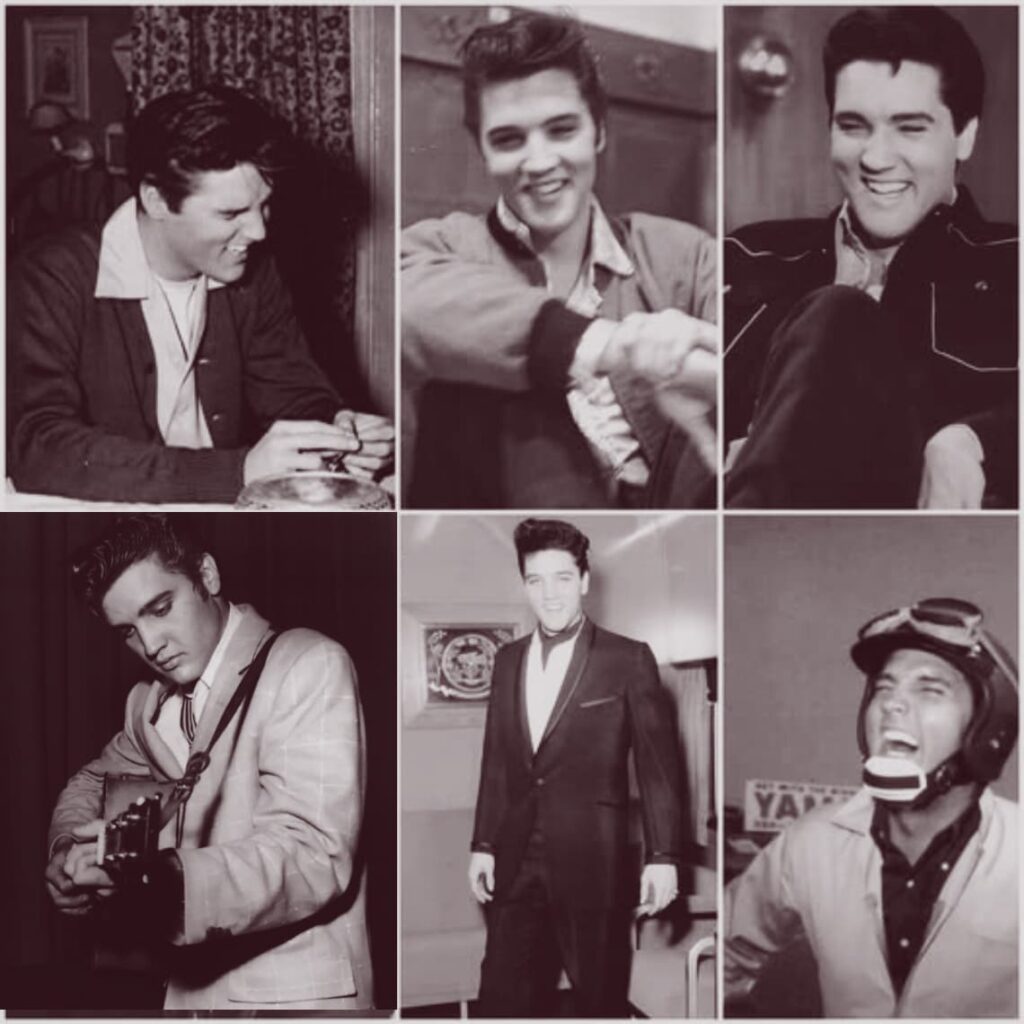
A profoundly personal anthem of a life lived on one’s own terms.
The last days of a legend are often a study in contrasts—the fading light of a once-brilliant star against the enduring glow of their legacy. For many, that final, poignant flicker is encapsulated in a single, powerful song. In the autumn of 1977, just weeks after the world was stunned by his passing, a live recording of Elvis Presley’s “My Way” was released as a single. It was an instant, emotional success. The song soared to number 22 on the Billboard Hot 100 in the U.S., a higher position than the iconic version by its original English-language singer, Frank Sinatra. Across the pond, it reached number 9 on the UK Singles Chart, and on the Billboard Country Singles chart, it peaked at a respectable number 2. The world, still reeling, held its breath and listened to its King deliver what felt like his final, definitive statement.
The story of this song, however, began far from the stages of Las Vegas and the heartland of America. Its melody was first heard in France, a bittersweet number called “Comme d’habitude” (“As Usual”), which chronicled a dying relationship with heartbreaking, mundane detail. But in the hands of a young, ambitious Paul Anka, that melody was transformed. Anka, a friend of the great Frank Sinatra, penned new English lyrics in a single night after Sinatra announced his plans to retire. He crafted an anthem of defiance and reflection, a triumphant look back at a life filled with purpose, regrets “too few to mention,” and, above all, self-determination. It was the perfect swansong for the Chairman of the Board, and it became an immediate classic.
While Sinatra’s version was the quintessential expression of a life well-lived and a career brilliantly executed, Elvis Presley’s interpretation took on a different, more somber weight. Elvis began performing “My Way” regularly in his concerts in the mid-1970s, a time when his private struggles were becoming increasingly public. His famous live performance from the 1973 “Aloha from Hawaii Via Satellite” special and his final television broadcast, Elvis in Concert, show a man pouring every ounce of his remaining soul into the lyrics. When he sang, “And now the end is near, and so I face the final curtain,” the words were no longer a poetic metaphor. They were a gut-wrenching, almost prophetic truth. Watching him in his final years, often unsteady and reading the lyrics from a sheet of paper, the song’s meaning shifted entirely. It was less about a man going out on top and more about a hero clinging to the last vestiges of his greatness, finding solace and strength in the defiant spirit of the words.
For those of us who grew up with Elvis, his rendition of “My Way” is less a song and more a sacred memory. It’s the image of a man, no longer the lean, electrifying rebel of the fifties, but a weary king in a bejeweled jumpsuit, his voice still a magnificent instrument of pain and power. He wasn’t just singing about his journey; he was living it out on stage, right in front of us. The song became his confessional, a moment of raw honesty in a career built on manufactured perfection. His performance resonates with a different kind of heroism—the courage to keep going, to face the final curtain not with a triumphant wave, but with a deeply felt, almost desperate sincerity. It reminds us that every life, no matter how grand, is a tapestry of triumphs and sorrows, all done in one’s own, imperfect way. And in the echo of his final words, we hear not just a farewell, but a timeless, human plea for understanding.